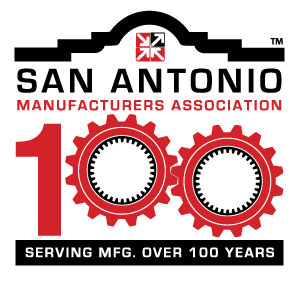Induction hardening is a form of non-contact heat treatment that uses electromagnetic induction to produce heat in metal parts internally. A strong alternating magnetic field surrounds a conductive metal piece, producing an electric current that creates heat in the surface of the material being treated. After being heated, the metal part is then quenched, forming a martensitic structure on the surface which is tougher than the base metal.
Our induction hardening services are commonly used in carbon and alloy steels. The advantages of using induction hardening include the following:
- Speed of process – no required holding time; thus, higher production rates
- Zero decarburizing and scaling
- Variable case depths up to 10 mm
Because the induction hardening process is entirely electromagnetic in nature, different settings may be manipulated to suit different bar diameters and desired case depths with very good precision. This is particularly important for parts which require external toughness to hold shapes, which range from gears, shafts, and springs to knives and blades.
First detected as an undesirable product of dynamos and some electric transformers, induction heating was explored as a means of melting steel at the turn of the 20th century. It has also spawned the invention of the motor generator. It has since then been used to exploit carbon steel alloys’ magnetic permeability to produce hard outer shells. Because of its precision and ease of automation, it is now the preferred process for a multitude of industries.
Modern-day induction hardening units such as those utilized by Geronimo Alloys utilize the latest semiconductor technologies and automated digital control systems. They are able to generate frequencies from as low as 1 kHz to as high as 400 kHz, although we are able to use lower or higher frequencies for certain specialist applications by balancing power densities, exposure duration, and other variables.
Induction hardening results in materials with a high level of surface hardness, capable of handling extremely high loads. This is particularly useful for parts that experience impact forces and torsional loading. Typical applications of this nature include suspensions, engine components, and powertrains. Because magnetic fields can also be confined to specific areas, the induction hardening process can be used for selective hardening of certain parts.
Geronimo Alloys has over 30 years of experience in metalwork, including induction and furnace treatment, manual and CNC machining, 3-D design, and welding. We are known for strict documentation of all processes and adherence to client specifications, allowing us to produce exact duplicates of specific parts, resulting in result business from our clients. Contact us to know more about induction hardening and other processes that we offer.

